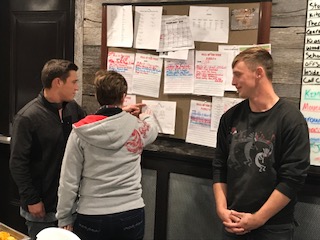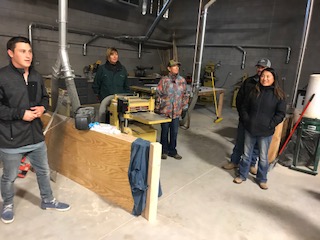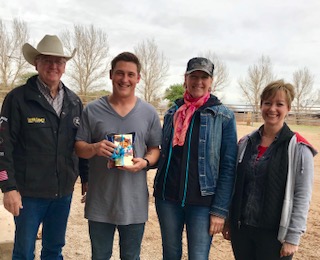Keys to Transformation
To transform is to change from inside out, not outside in. We change the thought and that changes the feeling and that changes the behavior, not the other way around. First, we change the way our horse thinks. Once we change the way he thinks, then he becomes a new horse in the way that he feels and behaves.
Both humans and horses need to be able to let go of the mental and emotional stress caused by conformity and the stuffing of worries and resentments. Too often people try to modify a horse’s behavior and yet we may miss altogether the cause of the issues, which is what the horse is feeling because of what the horse is thinking. We try to address the horse’s behavior without addressing his mind and thoughts. This leaves the horse even more confused, frustrated, or fearful, ready to escape our presence. When we approach the horse with the intent of helping the horse have a change of mind and are successful in doing so, the horse can’t help but change the way he feels and that results in a change of behavior.
The horse’s feet are always trying to catch up with where his thought is. Because of the horse’s thoughts controlling his feet, it is possible to draw the horse rather than chase it to catch it. If you can get the horse to think about you, without overdoing it and sending the horse away, the horse will choose to come without being forced or coerced.
Do you have your horse’s eye? Keeping our horse focused on us can be challenging but it’s important to our safety and their training. We want to control the feet, but we need first to have our horse’s attention. We can tell if we have the horse’s mind by paying attention to his eye. Where his eye goes, his mind goes and where his mind goes, his feet are sure to follow. Try looking at an object steadily for a few seconds, keeping your mind focused on the object. Now look away from the object but keep your mind focused on it. When your eye moves, does your mind want to change it’s focus? Learning to have your horse’s eye is key to helping his feet and the rest of his body be correct.
We feel the horse’s thoughts through our whole body, not just our hands. We can also feel their intentions through the energy they send. The horse’s mind controls where the horse’s feet will go, so being able to influence what the horse is thinking is the most effective tool we have. There is no person in the world strong enough to control a horse with their hands if the horse decides to run away. We must have communication and insight into their thoughts to keep us safe. If the horse is unsure or scared, we always want him to ask a question, not just react. Asking a question shows they are thinking and willing to partner with us in solving the dilemma they feel. Connection begins with seeking to understand the horse first, then for our communication to be understood by them.

 Davalee Minden
Davalee Minden






